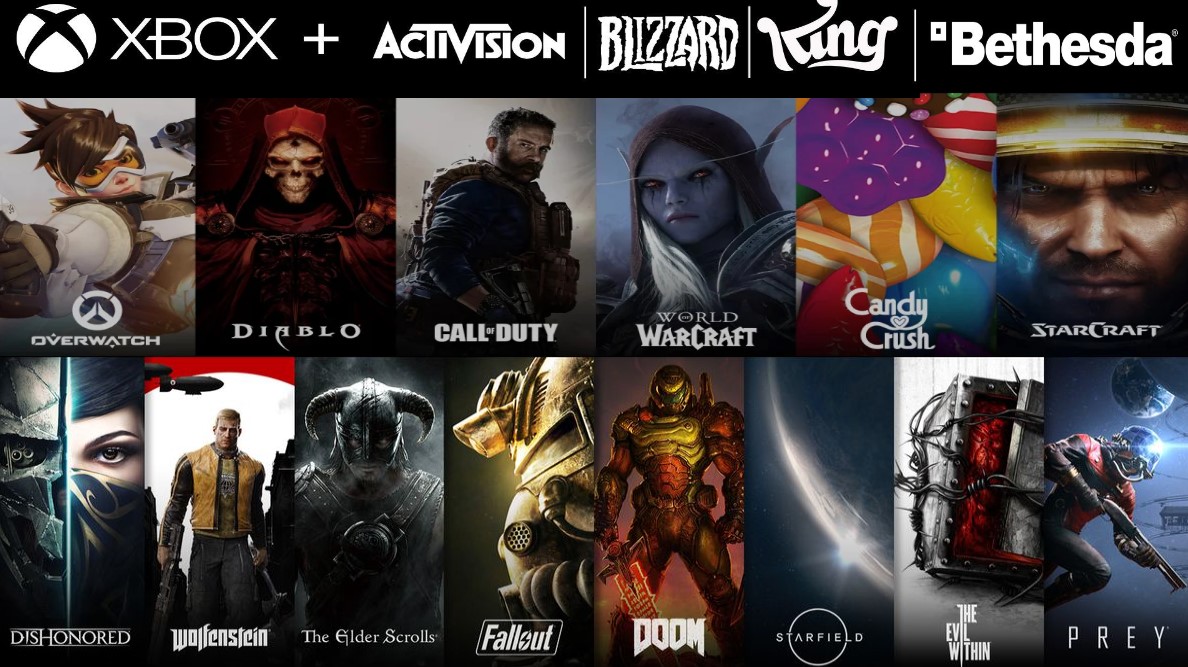It’s been interesting watching the fallout from Microsoft’s recent spending spree, There’s been a lot of hot takes, and I’m starting to think a lot of them can’t see the wood for the trees.
Fans of many old, long-forgotten franchises are excited at the prospect that some of them might be dusted off and given a new lease of life. (Who doesn’t want a new Hexen, the old Sierra adventure games being given a new home at Double Fine, or World of Warcraft finally getting a console port.)
Commentators bemoaning the oncoming corporate monopoly where Microsoft will own a whole 10 per cent market share, and dominate the console space, while completely forgetting that a) Xbox has never outsold PlayStation ever, and owning Call of Duty and Crash Bandicoot is not going to change this b) both Sony and Microsoft are once again fighting over Nintendo’s scraps while the Switch celebrates becoming the best selling gaming device of all time with no signs of slowing down. Nobody fights this hard for second place.
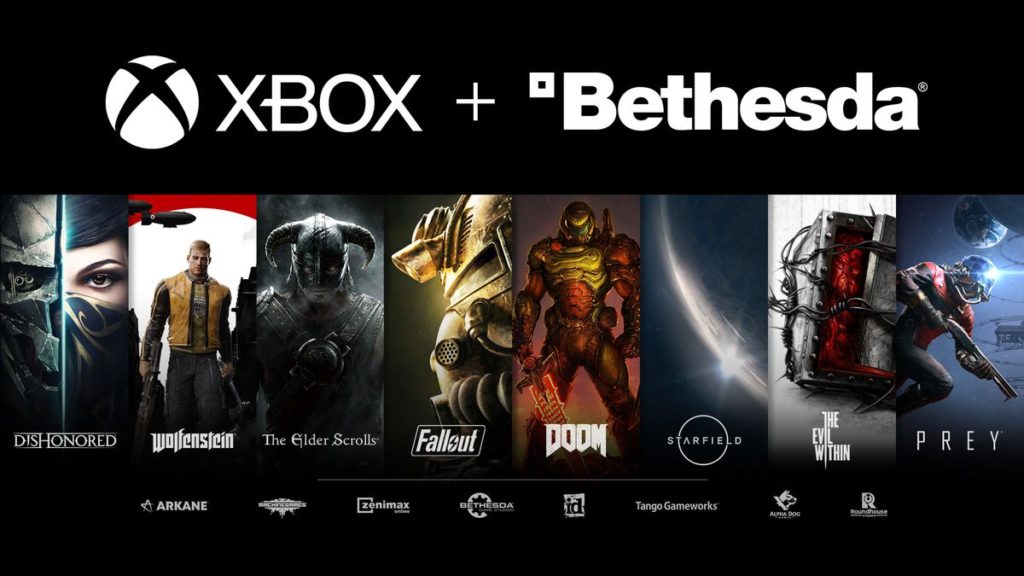
With this being the case I was left wondering what does Microsoft actually have to gain from this other than the obvious? Phil Spencer has said repeatedly that he respects both Nintendo and Sony and does not see them as the competition and has in fact on several occasions spoken about wanting better links between the companies that by and large, represent the three pillars of console gaming.
So why the power play?
It’s also clear from how Microsoft is pushing ahead with Gamespass, they don’t give two figs about selling hardware. They never made any money off it anyway. Live was always the money maker, and now Gamespass is slowly poised to replace it while showing itself to be the Netflix of gaming.
Then, it struck me. It’s not about selling more boxes or beating Sony over the head by stealing the Elder Scrolls and Call of Duty from under them. It’s about starving the newcomers like Amazon, Google, Facebook (I’m never calling them Meta), and Netlfix before they use their immeasurably deep pockets to completely trash the defacto monopoly the three friendly rivals have built together in their own corner of the market over the past 20 odd years.
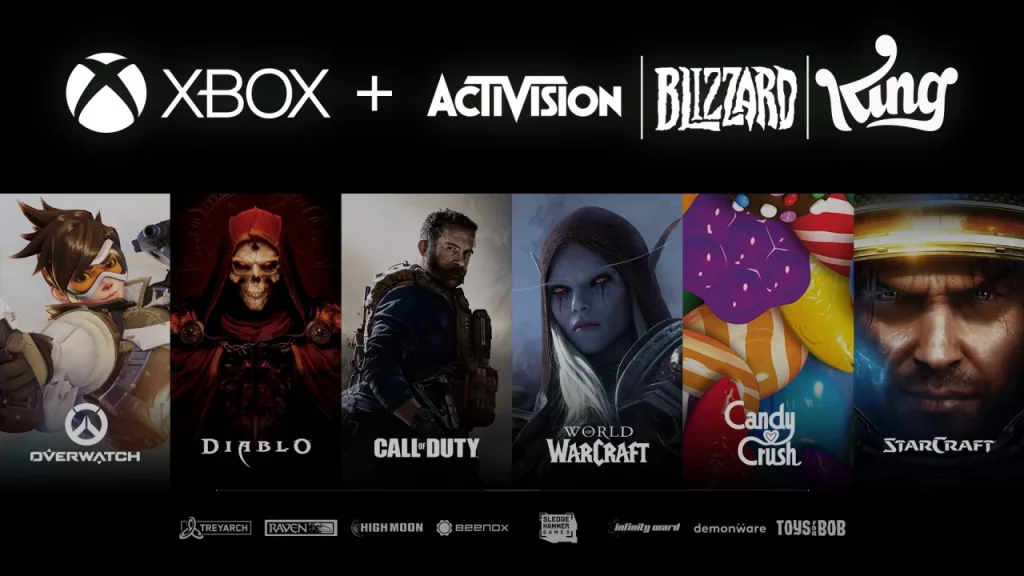
Think about why the original Xbox was even made, fuck even Sony’s beginnings in the console space. The Xbox exists because Sony was talking about the Playstation replacing the PC at home and Microsoft wasn’t going to have it. Their first move was to try and buy Nintendo. (and were laughed out of the room) Sony entered because Nintendo welched on a deal to make a competition to the Mega-CD and left the gate open for Sony to completely upend the apple cart.
If buying Nintendo was Microsoft’s first idea, then do you honestly think companies with pockets as deep as Amazon, Facebook, and Google wouldn’t think twice about buying their way in? (Spoilers: One of them already has).
Would Kotick and Howard have sold Activision and Bethesda respectively to any of these companies if they’d turned up with a dump truck full of money? Of course, they would.
Then Call of Duty is only on Luna, or it’s only on Oculus, it’s a TV series and a major part of Netflix new game streaming service they’ve been threatening to start.
It is no longer on Playstation, It’s not on Xbox, and it’s definitely not on Switch (Not that it is anyway).
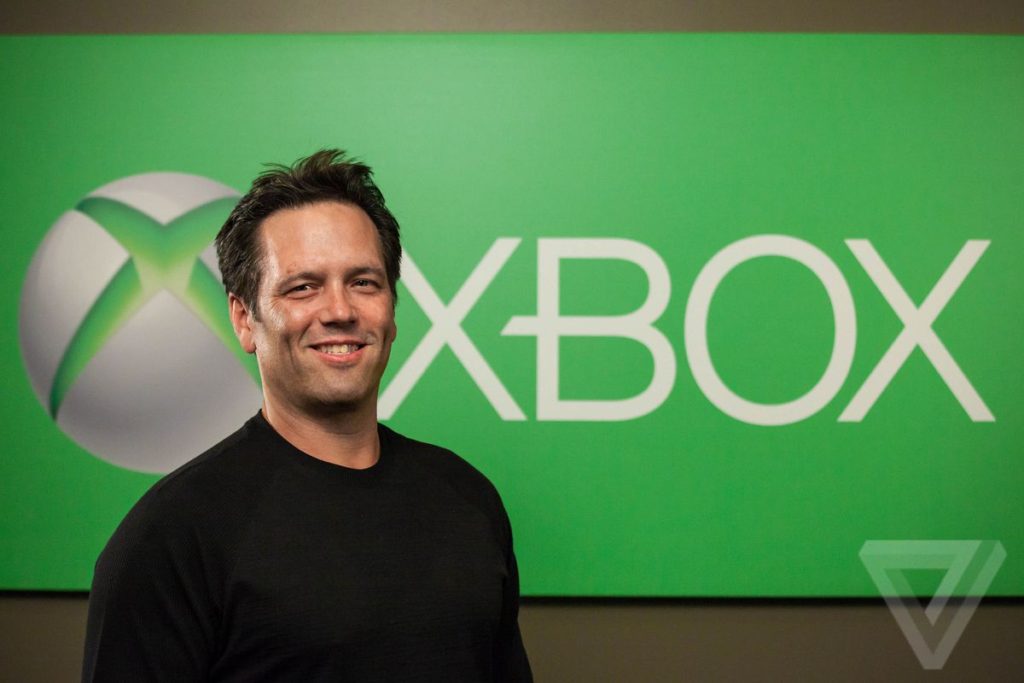
When speaking to the Wallstreet Journal, CEO of Microsoft Gaming, Phil Spencer voiced his concerns about the arrival of the media giants into the gaming space. But when pressed about the companies that many would traditionally consider the main competitors to Xbox, he said:
“Nintendo’s not going to do anything that damages gaming in the long run because that’s the business they’re in.”
“Sony is the same and I trust them… Valve’s the same way.”
Although head-turning and it certainly rilled up the fanboys, including the professional ones. It’s an incredibly effective strategy by Sony and Microsoft to help maintain the status quo.
By buying up Activision and Bethesda, Microsoft has ensured that the newcomers to the sector are forced to start from square one while shoring up their own position.
It looks like, for now at least, they have successfully kept the metaphorical wolves from the door, NY effectively shutting them out of any easy way to fathom the mystical arts of game development. (Seriously, its a miracle any game even works at all)
Google has said they are in the process of pivoting Stadia from being a gaming platform in its own right to tech being leased out to other companies. Although it was clear the writing was on the wall when they gave up on developing their own games. With only Ubisoft providing them with new content now, and games now owned by MS and Sony likely to be pulled eventually, I’ll give it a year until it’s another project interred in the Google Graveyard. There wasn’t much content and a pretty tiny user base. and now there’s going to be even less content to entice anyone else to even bother trying it.
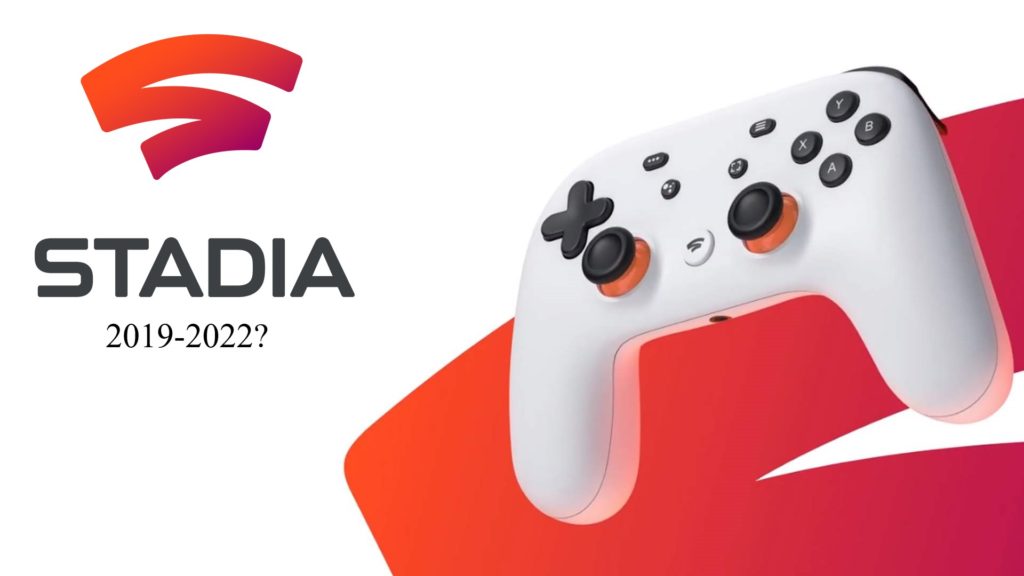
Amazon has released two games so far, Crucible, which was axed less than a year after it was released. New World, which has lost 90 per cent of its player count in just under two months, and will be launching Lost Ark later this year. (Maybe third times the charm, but from the looks of things, probably not.)
Meanwhile, their streaming service Luna is in a similar shape to Stadia, with not a lot of users, and not a lot of games, although admittedly it’s still technically in Beta and only available to Prime members in the US.
Then there’s Netflix currently sabre rattling that they’re totally going to do game streaming and the games will be awesome, honest. (If their previous efforts are anything to go by, I somehow doubt it. )
This leaves Facebook, and well, they might be the one company with half a chance of actually finding a seat at the table, by, and this may surprise you, buying their way in when everyone else wasn’t looking.
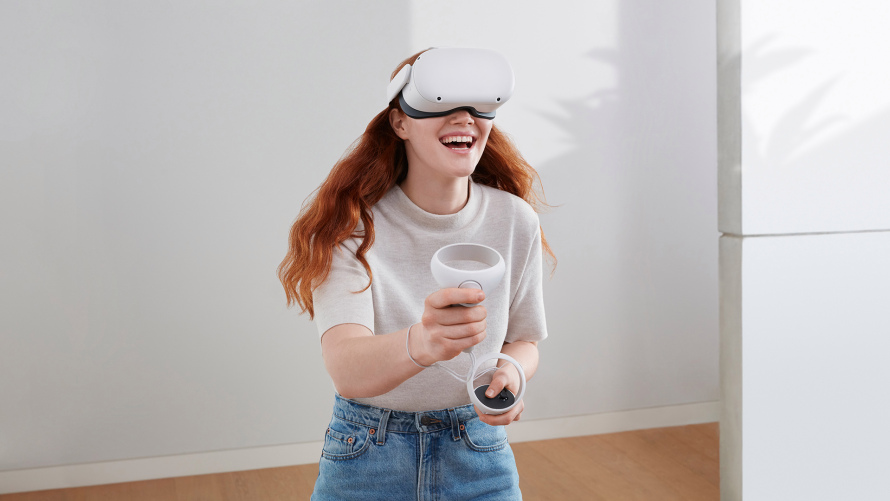
The Oculus Quest 2, is by all rights a portable games console. It sells for a loss, gives gamers something they have been clamouring for years, has the backing of big third party publishers who have been developing games for it, (Which will no doubt end up on PSVR 2 and every other VR headset on the market eventually) while making huge strides towards making VR more mainstream.
Is it disruptive, yes, will it force Sony to up their game with their next VR offering? most certainly. Is it going to hit Microsoft, Sony or Nintendo’s bottom line? Not at all. In fact, it might help it.
You see Microsoft isn’t trying to create a monopoly in the console market, they’re defending the one they’re already part of. It’s been here for decades – controlled, coordinated, and very profitable for everyone involved. You were just too busy fighting over which black box under your TV is best to see it.

